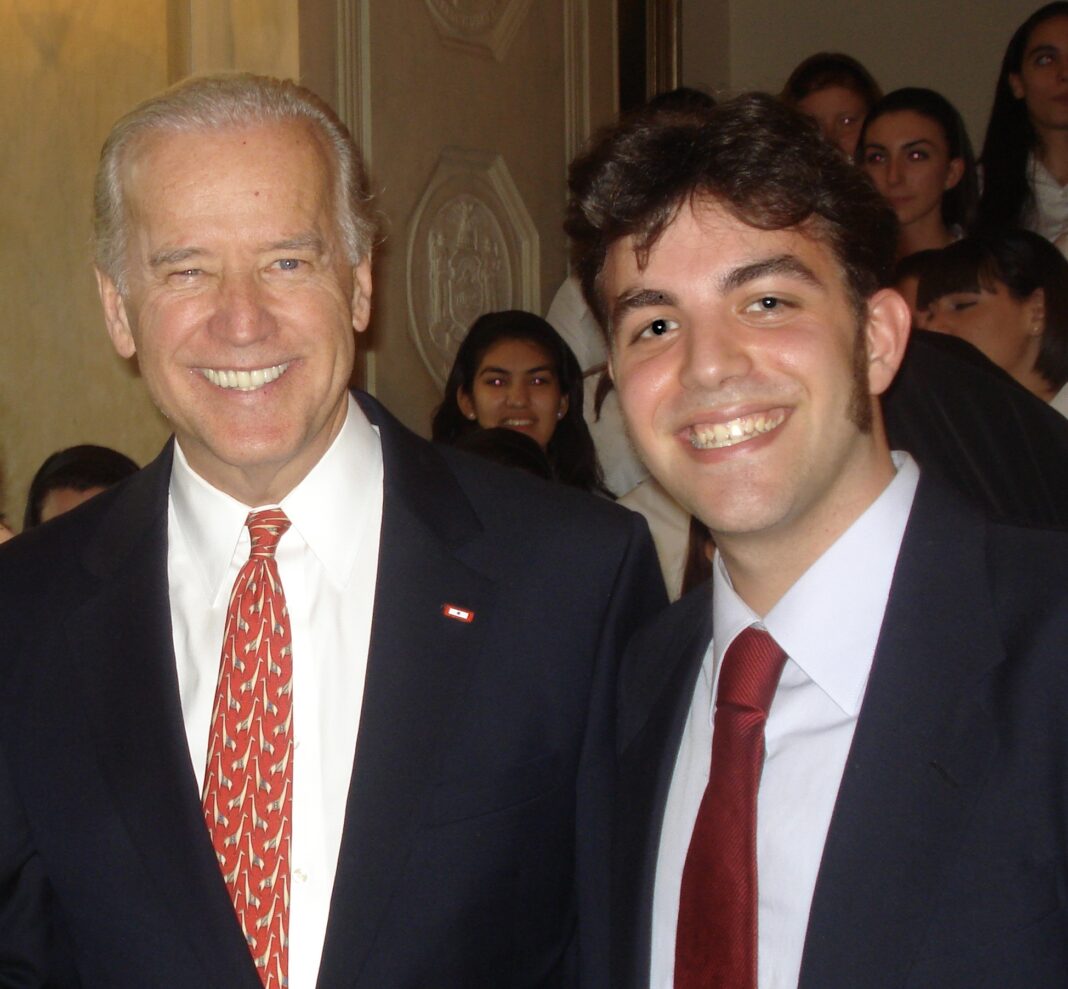By Spiros Jason Giannaros, Special to the Hellenic News of America
As Greeks around the world celebrate the 200th anniversary of the beginning of their independence movement against the Ottoman Empire, we would also do well to remember the influence that America’s Revolutionary War had on the Greek independence movement. Many of America’s Founding Fathers – including, interestingly, bitter rivals Thomas Jefferson and John Adams – were known to be ardent philhellenes. And, though of course, the United States did not adopt Athenian direct democracy, it is worth noting that James Madison and Alexander Hamilton grappled with the idea specifically in their Federalist Papers, which in turn helped outline the future structure of US government.
Despite the influence of Greek philosophy on America’s Founding Fathers, when the Greek War of Independence broke out in 1821, the US government chose to remain officially neutral. Adamantios Korais, a Greek physician, intellectual, scholar, and early revolutionary wrote to Thomas Jefferson many times asking for his assistance in the fight, but Jefferson was no longer part of the government, and his influence alone could not move Congress. This neutrality seems curious until one digs into the competing political dynamics at work.
First, the Monroe Doctrine was being put in place, which would explicitly state that America will not interfere with the internal affairs of European powers, the wars between them, or their colonies. America was at the time still very much a regional power rather than a global one, and its isolationist foreign policies reflected that. Nevertheless, on December 3rd, 1822, US President James Monroe gave his annual address to Congress, stating that “A strong hope is entertained that the Greeks will recover their independence and assume their equal station among the nations of the earth.” This hope did not translate into government assistance, but it did spur interest in the cause of Greek liberation among citizens of this young country.
Another hindrance to government action was the fact that Bostonian trade interests with both Turkey and China led these traders to lobby Congress to stay out of the emerging revolution in Greece. In an effort to combat this lobbying, individuals throughout America did what they could to help the cause through private donations, political organizing, and various forms of volunteerism. This included many philhellenes who traveled to Greece to fight alongside the revolutionaries, the first of which being George Jarvis of New York in 1822. He joined the “kleftes” – guerilla fighters – in the revolution and fought in many battles, earning the nickname “Kapetan Zervos” among his brothers in arms.
Nevertheless, in practice, the US was not always neutral, at least at the individual level. The USS Constitution, at the time stationed in the Mediterranean, is known to have provided food and provisions to starving people on the island of Salamis, in addition to hiding and protecting at least one child saved from the massacre at Psara. We can therefore see that humanitarians in the US Navy found ways to skirt around the government’s prohibition on involvement in the conflict when possible.
Thus, we begin to see the emergence of a feedback loop between these two allies: early Americans were influenced by Greek philosophers of antiquity as they built the nation, Greeks were inspired by the successful revolution in America and its establishment of a Constitutional Republic, and Americans of varying ethnicities have since then been influenced by the success of the Greek revolution as well. Because the philosophical ideas behind the two revolutions were so similar, they remain inextricably linked, as do the foreign policies of these close allies.
There is even geographical evidence of this recurring influence. For example, the town of Ypsilanti, Michigan is named after the Greek revolutionary hero Demetrios Ypsilanti, who bravely led 300 Greek soldiers into a victorious battle against the Ottomans, allegedly without losing a single man.
Perhaps the largest evidence for this link is the fact that the US and Greece have remained close allies for virtually all of Greece’s post-independence existence. Every year the president holds a reception at the White House in honor of March 25th, which I was lucky enough to attend in 2010. President Obama spoke warmly and admiringly about the great respect he has for Greece and the Greek people, and most US policy in recent decades has reflected that respect and admiration.
As we look to the past to see how closely Greek and American history are linked, we should not forget to look forward to another 200 years of friendship and alliance between our two nations as well.

Spiros Jason Giannaros is an Adjunct Professor of political science at California Lutheran University, where he teaches courses on international relations. He previously worked as a legislative aide at the US Senate. He is currently a Ph.D. Candidate at the University of Southern California in political science and international relations, and holds a Master of Public Policy degree from Georgetown University.







